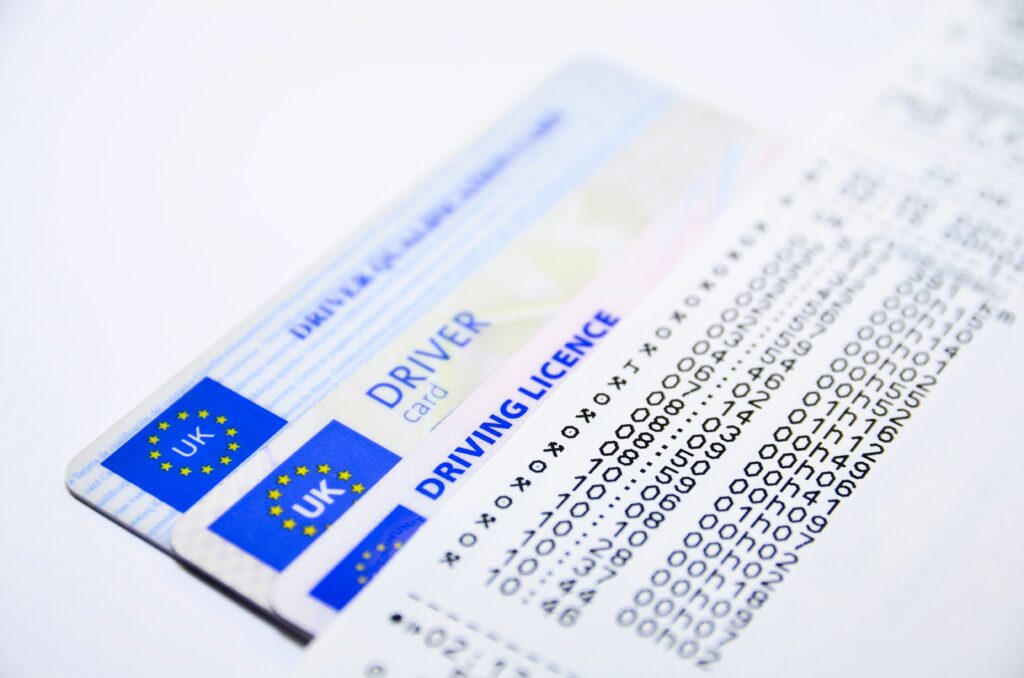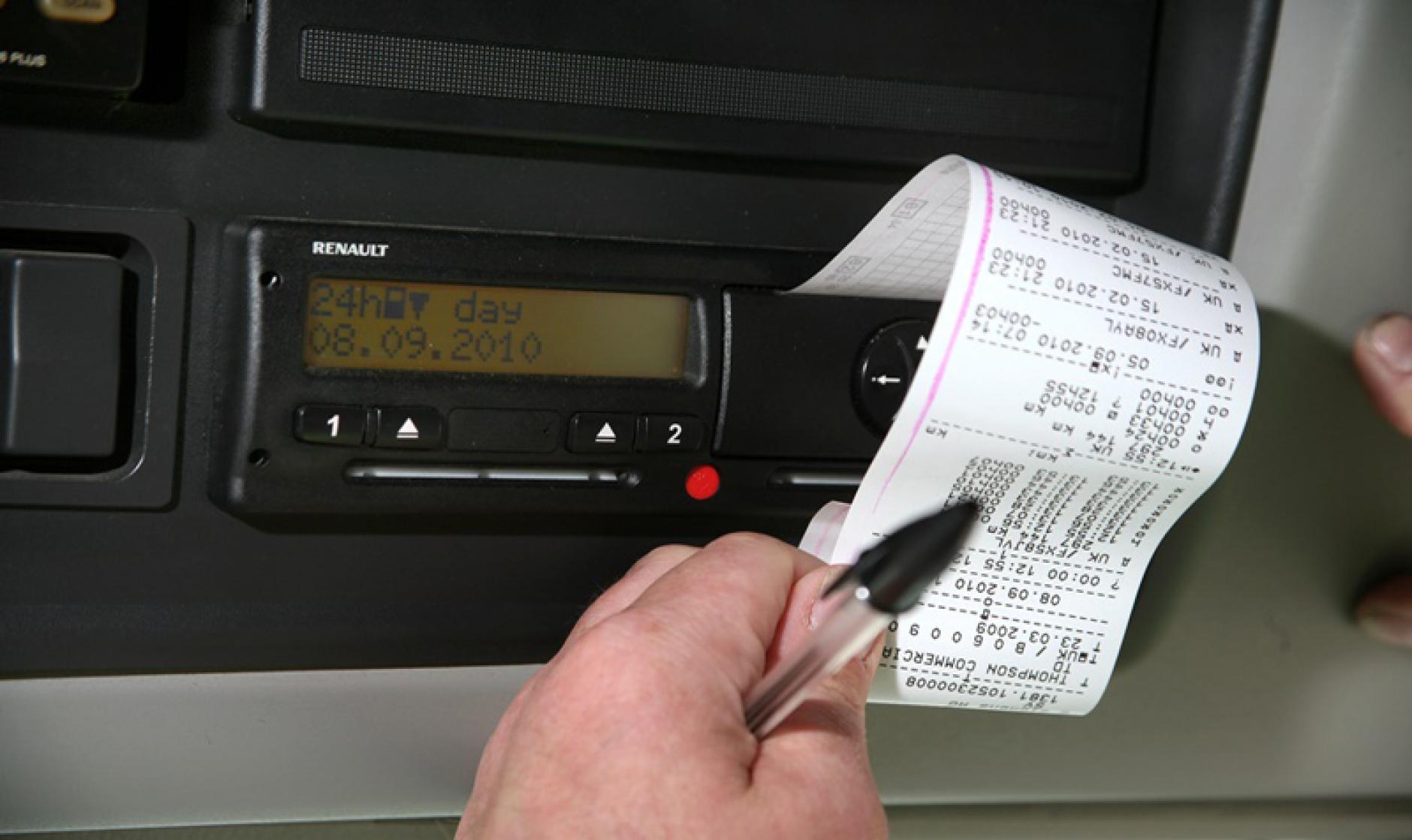If you drive a goods vehicle in the UK you’ll know about the limits to driving hours and enforced rest hours. If you don’t know about these then you need to learn quickly because going over the limits could land you in hot water. These are here for your safety and the safety of other road users, driving a HGV whilst tired turns it into a dangerous weapon and any accident could have lethal consequences. It’s important that these rules are taken seriously.

We are providing this information based on our interpretation of the rules set by the Department for Transport. It is important that you read and fully understand the rules yourself, these can be found at: https://www.gov.uk/drivers-hours/eu-rules. All of our drivers are governed by EU driver’s hours rules. There are three sets of rules that could apply; EU rules, AETR rules or GB domestic rules. Each set of rules is different and it depends on where and what you’re driving for which rules apply to you.
For international journeys, either the EU rules or the European Agreement Concerning the Work of Crews of Vehicles Engaged in International Road Transport (AETR) will apply.
Whether you’re driving for commercial purposes or you’re using your goods vehicle for private purposes, these rules still apply. Below are the key elements of the EU driving hours rules:
Daily driving limit- The main EU regulations on HGV driving hours state that:
• You must not drive more than 9 hours in a day, this can be increased to 10 hours twice a week.
• 56 hours per week
• 90 hours in two consecutive weeks.
This must all be recorded on a Tachograph and submitted to your employer. EU rules on breaks and rests which you must take:
• You must rest for at least 11 hours each day; this can be reduced to 9 hours of rest three times between any two weekly rest periods.
• You must have an unbroken 45-hour rest period, this can be reduced to 24 hours every other week.
• You must take a break or breaks totalling at least 45 minutes after no more than 4 hours and 30 minutes of driving.
Your weekly rest after 6 consecutive 24-hour periods of working starting from the end of the last weekly rest period taken.

Rules for employers-
If you’re an employer, you must monitor your driver’s working time and make sure they don’t go over the limit. You must also record working time and keep the records for at least 2 years.
The Driver and Vehicle Standards Agency (DVSA) enforces the regulations. If you break the rules you can be given:
• an improvement notice – setting out the changes you need to make by a certain date
• a prohibition notice – this requires you to stop a dangerous activity, or to start complying with the regulations
DVSA takes a ‘proportionate’ approach to enforcement. Formal action is usually taken against persistent or serious offenders. However, our advice is to stay legal at all times and don’t take the chance; not even once!
There are occasionally exemptions to these rules such as; relaxation during the Forth Road Bridge closure and relaxation during the Calais industrial action. It is important to check to see if there is a relaxation of the rules in place if you ever find yourself in one of these situations.
The EU has always been criticised for introducing legislation that appears to only benefit a few countries across Europe. However, most people in the haulage industry agree that these rules are different. The rules for driver hours and tachograph usage have benefitted UK HGV drivers, reducing the pressure on them to overwork themselves to get a job done. Having adequate controls on commercial vehicle driving and rest times is essential to safe operation as tired drivers are more likely to be involved in accidents.
For more rules and details, please refer to the VOSA Rule Book which is available online. Remember by breaking a rule you would not only commit an offence but would also put your life and others’ to risk.
At HGV Training Network we offer HGV training, PCV training, HIAB training and Horsebox training from over 40 locations across the UK allowing you to become a HGV driver and benefit from more flexible hours. Find your nearest location and learn more about our train now pay later HGV training finance scheme.
Source ADR Network








